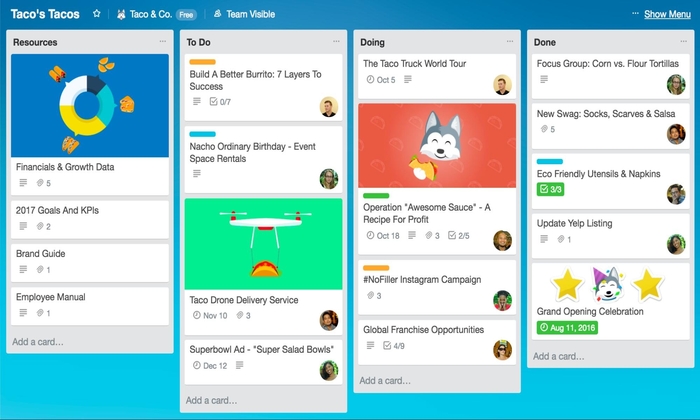Time Is Money: How to Build Killer Time Management Skills While Learning Online
As more professionals turn to virtual programs to further their qualifications, one challenge remains consistent, which is making the most of limited hours. Successfully juggling career advancement with personal responsibilities requires determination and a well-thought-out approach to planning and productivity. With the right structure and planning, you’ll discover how to excel without feeling overburdened.
In this article, we’ll focus on practical ways to improve productivity and guide you in refining your time-use strategies and staying on track with your academic journey.
Here’s what you need to know:
Understand the Importance of Time Management
Making thoughtful decisions about allocating your hours is essential for success in virtual academic environments. Effective planning helps you tackle assignments, meet deadlines, and minimize stress. When time is spent intentionally, you can achieve more and still have space for personal growth and leisure activities. Without prioritizing how you spend your day, it becomes easy to lose focus on your larger aspirations. Learning how to establish a clear plan each day will help you create a sense of control, which is especially important for keeping up with demanding coursework and professional tasks.
Prioritize Your Educational Goals
When pursuing a program focused on strategic communication, learners gain access to resources and insights that simplify the process of setting and reaching goals. For example, many local universities offer a targeted MBA in Communications, which prepares students for leadership roles by teaching them how to organize priorities and streamline their progress toward professional achievements.
This program emphasizes real-world applications of communication techniques, allowing individuals to focus on essential objectives without feeling overwhelmed by unnecessary distractions. Students can benefit from its flexibility, making it easier to structure their efforts around professional and personal commitments. The curriculum fosters discipline and critical thinking, ensuring participants remain on track as they work toward their ambitions. Also, such programs encourage self-reflection, enabling learners to reassess their focus and adapt to challenges effectively.
Create a Daily Schedule and Stick to It
A structured daily routine is one of the simplest ways to stay organized and maintain momentum. Begin by listing your top priorities for the day and assigning realistic timeframes to each task. Tools like online calendars, task management software, or even a traditional planner can help you keep everything in check. Be sure to incorporate time for short breaks to prevent burnout. The key is consistency. Once a routine is in place, it becomes easier to stay productive and accomplish your tasks. Don’t forget to allow flexibility in your schedule for unforeseen events. Having a plan that can adjust while staying effective ensures you won’t feel derailed by unexpected changes.
Set Realistic Deadlines
Establishing practical deadlines helps reduce unnecessary pressure while maintaining a steady pace of progress. Break larger projects into smaller, manageable tasks and assign deadlines to each step. This approach helps you stay organized and provides a clear roadmap to completion. Avoid overloading yourself with overly ambitious timelines. It’s better …read more
Source:: Social Media Explorer







